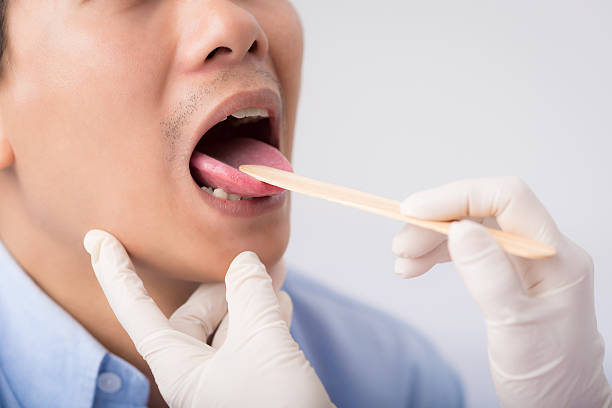Depressors are surgical tools used in medical practice to depress the tongue to gain additional access to examine the mouth and throat, which is critically essential in studying the human body. The most common and valuable modern tongue depressors are flat, thin with evenly smooth blades and rounded at both ends. Depressors come in a wide range of materials. The material used in making cconventional depressors is mainly pine, balsa, redwood, and some metal alloy, such as steel. But today, the trend of using wooden tongue depressors has increased as they are cheaper and easy to dispose of. Also, wooden depressors have anti-inflammatory properties.
Why Are Wooden Tongue Depressors Better Than Steel Tongue Depressors?
As we all know by now that peak surgical tend to prefer wooden tongue depressors for medical procedures, there have been many reasons for doing so. So let’s take a deeper insight into why wooden depressors are a better fit.
Manufactured From Natural Birch Wood
Wooden Tongue Depressors are of Birchwood, with a long and distinguished commercial and medicinal use history. Birch trees are found in temperate climates worldwide, and they are very fast-growing trees, making them significantly easy to grow and procure. Moreover, Birchwood is known to grow in areas with polluted soil where other plants fail to grow. Furthermore, it is known to cleanse contaminated soil, making it more suitable for other plants. Over the years, the bark and the leaves of the Birch Wood tree have been found to have diuretic and anti-inflammatory properties and could support a person’s immune health.
Good Smooth Surface And Without Any Burr Or Taste
Wooden Tongue Depressors do not possess any taste, which is one of the most preferred traits of medical supplies because no one wants to feel the bitter taste of medicines, let alone surgical instruments. Moreover, another significant advantage of wooden tongue depressors over steel ones is that they do not have hurting burrs. Even if there is a manufacturing default in any wooden surgical instrument, the medical practitioner can tear that off. But this is not the case for steel ones. Any sharp burrs or edges in steel tongue depressors can lead to injuries and need to be disposed of because they cannot be fixed until you have the proper grinding equipment.
Natural Color, Without Chemical Bleach
Wooden Tongue Depressors benefit from having minimal to no bleaching agents added to them, which makes them safe for the human body.
High-Temperature Sterilized And Fumigated
Like Steel Tongue Depressors, one can sterilize Wooden Tongue Depressors at high temperatures. Users can also fumigate them to prevent any accumulation of germs and bacteria that can pose a threat to human health or immunity.
